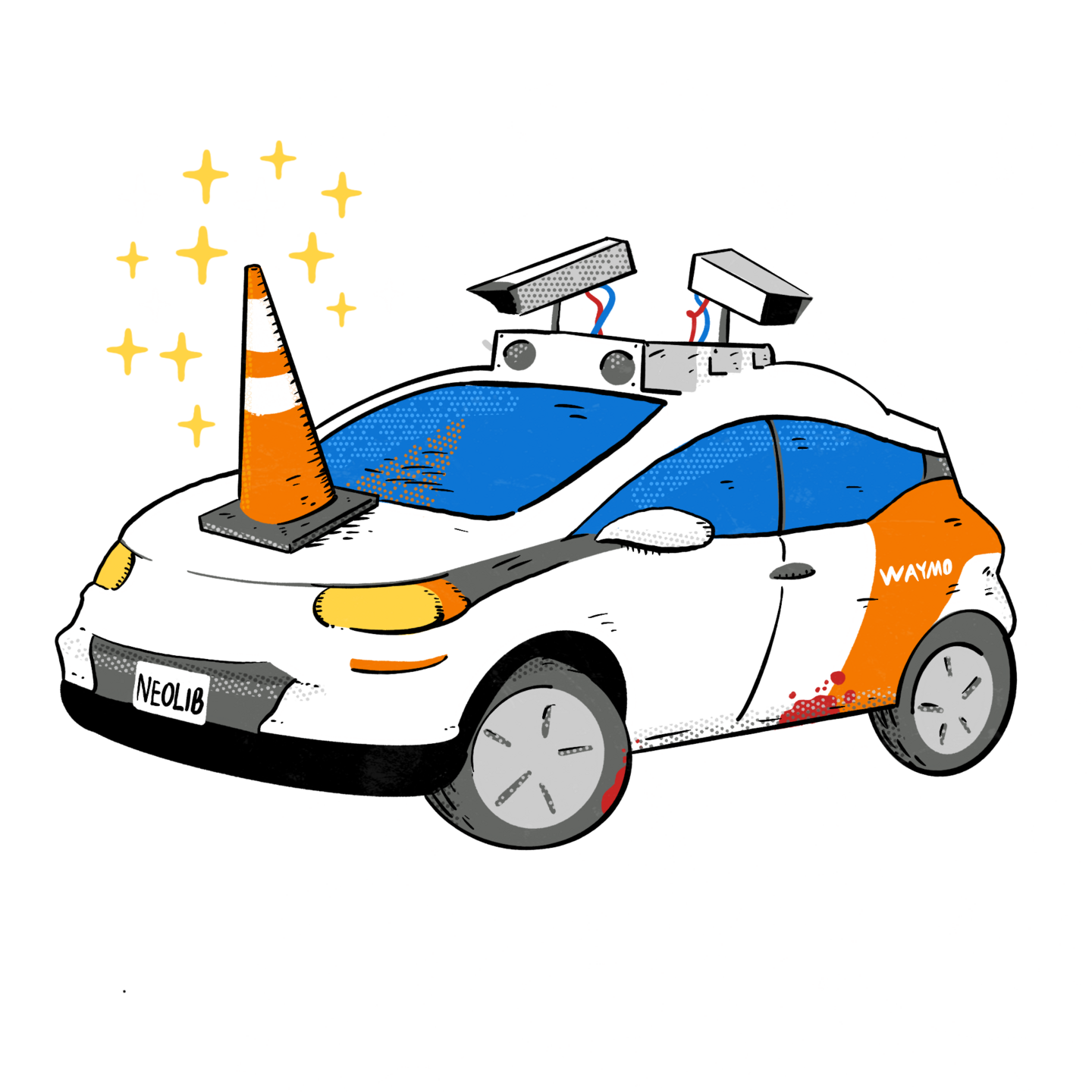
SF Examiner – Local robotaxi control law not coming this year
See original article by Troy Wolverton at SF Examiner
While it might sometimes seem like Waymo robotaxis are flooding San Francisco’s streets, The City can’t limit their numbers and likely won’t be able to anytime soon.
Last year, a bill that would have given California’s bigger cities the right to regulate autonomous vehicles in certain ways, including restricting their numbers, died in the state Assembly. When it did, its author, state Sen. Dave Cortese, vowed to reintroduce the bill at the start of the legislature’s next session this past January.
Cortese hasn’t, though, nor have any other legislators. The reason he didn’t reintroduce it was because the entities and organizations that sponsored his Senate Bill 915 last year, which included the Teamsters and the League of California Cities, declined to sponsor it again this year, he told The Examiner.
What’s more, recent efforts by San Francisco Mayor Daniel Lurie and San Jose Mayor Matt Mahan to embrace or accommodate Waymo undermine the argument for local control, he said.
“Since the bill was primarily to enable city ordinances, it made no sense to proceed without them,” Cortese said in a text message. “It’s really that simple. If the cities had not begun to acquiesce to the status quo, I’d have been happy to author the bill again.”
Lurie spokesman Charles Lutvak did not respond to an emailed request for a response to Cortese’s allegation that the mayor’s actions have undercut the case for local control. A Mahan representative did not immediately respond to a similar request for a response.
The California Public Utilities Commission and the Department of Motor Vehicles jointly regulate self-driving cars statewide. Right now, it’s unclear just how many Waymos are on San Francisco’s streets — or on the roads of any other particular California city. Waymo doesn’t disclose those numbers and isn’t required to. But already, San Franciscans and visitors can encounter a stream of the company’s cars in the Financial District during the day or in neighborhoods such as Hayes Valley at night.

The California Teamsters Public Affairs Council continues to support the idea of local control over autonomous vehicles, said Shane Gusman, its director. As things stand, local officials whom residents trust to keep their streets safe have no say in how many cars Waymo or other autonomous-vehicle operators deploy in their areas, he said.
Cortese was right to take on that issue, Gusman said.
“Our view is that that’s not right. The local officials should have some say in that,” he said.
“We still believe in that.”
But in this session, the Teamsters decided to focus its autonomous-vehicle legislative efforts on a bill that more closely addresses its members’ concerns, particularly regarding such vehicles’ potential impact on jobs, he said.
That legislation, Assembly Bill 33, would require autonomous vehicles that are used in making goods deliveries to residences or businesses to have a human safety operator on board when they travel on highways. The biggest employer of Teamsters members in the state is UPS and delivery drivers constitute the core of its membership, Gusman said.
AB 33 “at its core is protecting the jobs of our members,” he said.
“But,” Gusman added, “it’s also a safety issue.”
Similarly, the League of California Cities continues to support the idea of local control over autonomous vehicles, said Damon Conklin, a legislative advocate for the organization. But its member cities had other priorities for bills they wanted the league to sponsor this year, Conklin said.
Part of the shift was in response to the passage and Gov. Newsom’s signing last year of AB 1777, he said. Among other things, that legislation requires autonomous vehicle companies to provide a way for emergency responders to quickly communicate with a remote human operator when needed and to include in the vehicles an override system that allows responders to immobilize or move them.
Those provisions are similar to one that was in SB 915.
The cities were also reacting to Newsom’s veto last year of other autonomous vehicle legislation, namely AB 2286, Conklin said. That bill would have required a human safety operator in autonomous commercial trucks. In rejecting that bill, Newsom indicated he didn’t want to stymie the development of the autonomous-vehicle industry, Conklin said.
Additionally, the governor’s office urged cities to work with the CPUC and DMV to address local concerns and expand the deployment of robotaxis to new areas, Conklin said.
See original article by Troy Wolverton at SF Examiner
